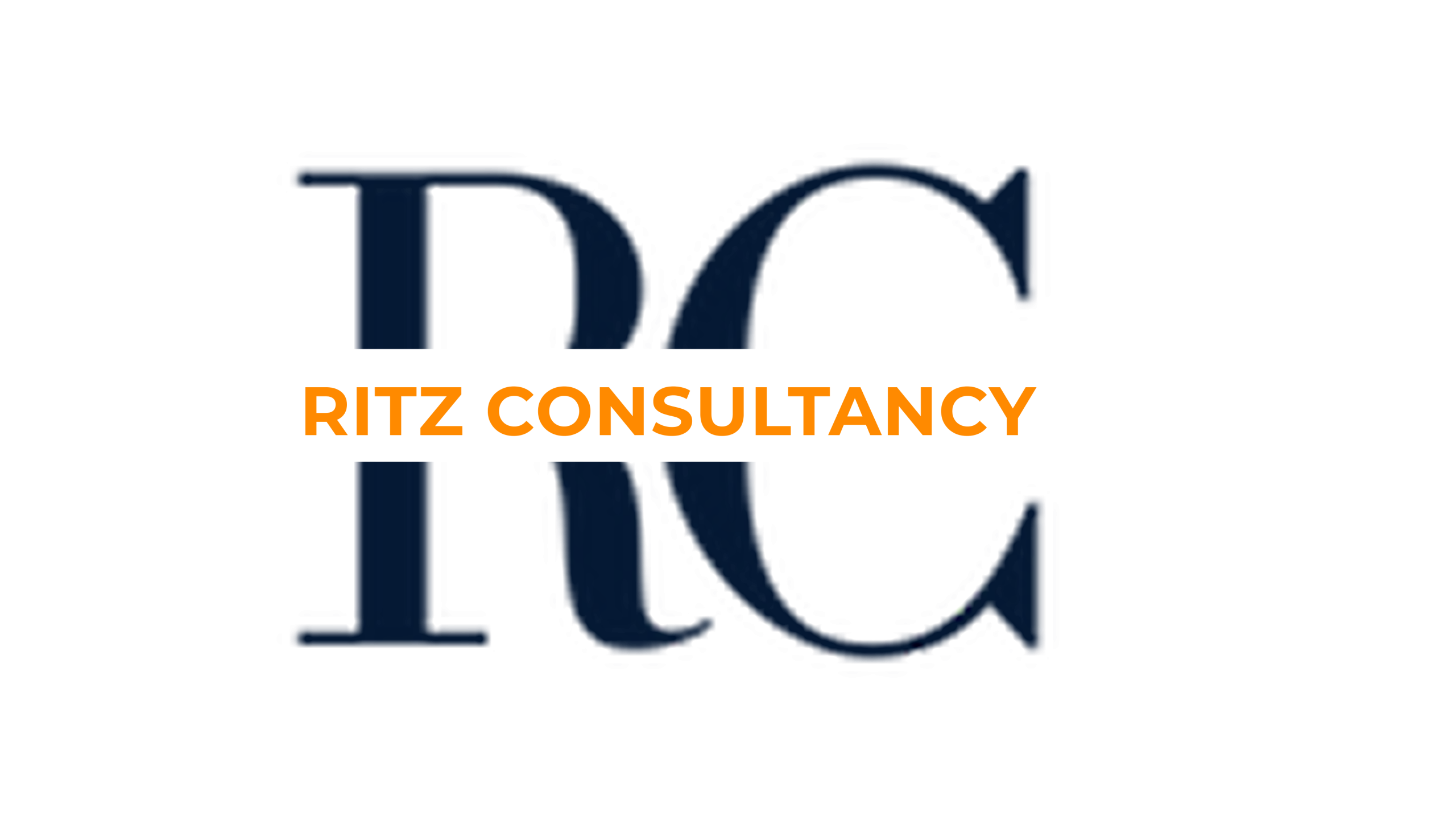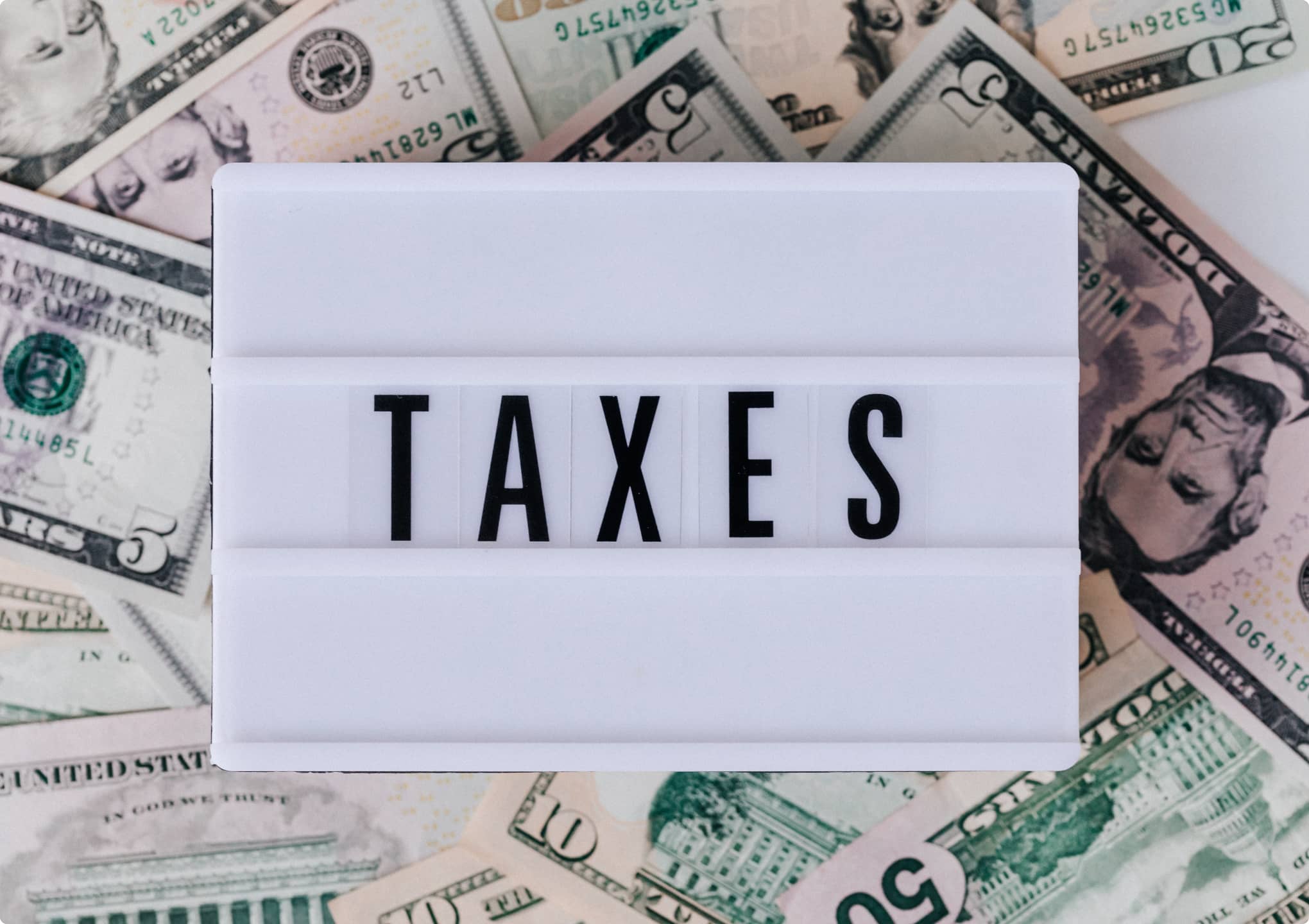Common Errors While Claiming 80C and 80D Deductions
Accurate filing of Income Tax Returns (ITR) is crucial to ensure taxpayers receive the full benefits of the tax deductions available under sections 80C and 80D. Section 80C offers deductions for investments in schemes like PPF, NSC, and ELSS, while Section 80D provides deductions for premiums paid towards health insurance policies. However, errors in claiming these deductions can lead to significant losses, including disallowance of the claim, penalties, or even an incorrect tax calculation.
Some of the most common errors include failing to submit proof of investment or premium payments, claiming deductions without proper documentation, or overestimating the investment amounts. These mistakes not only impact the taxpayer’s refund but can also trigger scrutiny by the tax department, which may cause delays or penalties. Ensuring correct and complete information on deductions is vital for avoiding these issues.
Is Tax Deduction Allowed in the New Tax Regime?
Under the new tax regime, which was introduced to simplify the tax structure, many popular deductions available under the old regime, such as 80C, 80D, and 80G, are not allowed. The new tax regime provides reduced tax rates in exchange for the removal of these deductions. Therefore, taxpayers must carefully consider whether they would benefit more from the new tax regime’s lower tax rates or the deductions available under the old tax regime.
Not Reconciling Income and TDS Details with Form 26AS and AIS

How Tax Deductions Work in the Old Tax Regime
In the old tax regime, taxpayers can claim various deductions, such as those under 80C (for investments like PPF and ELSS), 80D (for health insurance premiums), and more. However, if a taxpayer inadvertently selects the new tax regime while intending to claim deductions, these deductions will be disallowed, leading to a higher taxable income. Therefore, it is essential to select the old tax regime explicitly when claiming such deductions to avoid losing these tax-saving opportunities.
Providing Incorrect or Inconsistent Personal Information
Incorrect or inconsistent personal information is one of the most common errors during ITR filing. This includes mismatched details between PAN, Aadhaar, and the information entered in the ITR form. For example, if the PAN details provided do not match the Aadhaar details, the system may flag the return as incorrect, causing delays in processing and refunds.
Claiming Excess Deductions Without Proper Documentation
Claiming deductions under sections like 80C, 80D, and 80E without proper documentation is a risky practice that can lead to notices from the Income Tax Department. For example, when claiming deductions for life insurance premiums, contributions to provident funds, or medical expenses, valid proof must be provided to substantiate the claims. This includes receipts, bills, policy documents, and proof of payments. Failing to maintain and submit the necessary documents can lead to disallowance of these deductions and penalties for false claims. Taxpayers should ensure that all supporting documents are organized and available for reference in case of a tax audit or scrutiny.




